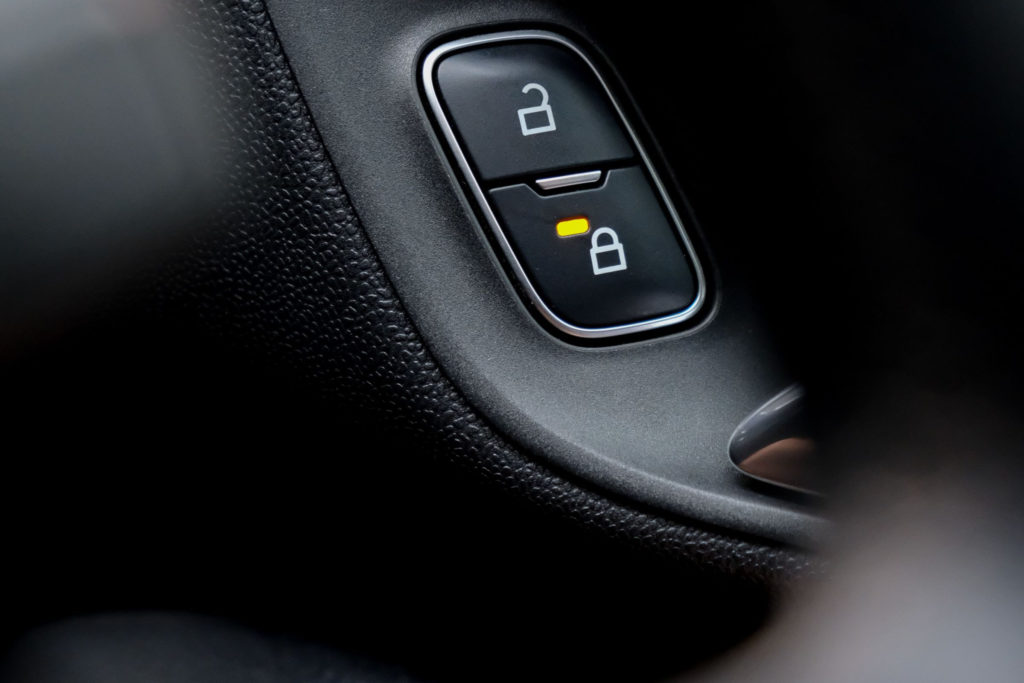(The presenter for this teen workshop was Lieutenant Daniel Francis, who has been working for 15 years in the Chattanooga Police Department. He is also an instructor for basic self-defense.)
The very best way to protect your personal safety is to develop the following four strategies: (1) risk awareness, (2) risk reduction, (3) risk recognition, and (4) risk avoidance.
Tips for Self-Defense
• You are legally entitled to use force to protect yourself from imminent physical harm, sexual assault, unlawful detention, or abduction. The degree of defense should be proportional to the intensity of the aggression.
• You are not entitled to use physical force in response to a strictly verbal attack.
• Don’t panic if someone is assaulting you. Keep a clear head so you can develop a plan of action. Always try to put as much distance as possible between you and the attacker.
• Any resistance or distraction can deter an attacker. If a robber asks for your wallet, throw it far away from the direction you’ll need to run in order to get help.
• Aim for an assailant’s soft-tissue body parts, such as eyes, nose, throat, groin, shins, or tops of the feet. Personal items, such as keys and hard or pointy shoes, can be used as tools in your defense.
• Keep your balance and stay on your feet.
• As soon as you can, disengage and run away.
• Don’t use a lethal weapon without getting prior training and thoroughly understanding the laws regarding its use.
Ways to Reduce the Risk of Break-Ins
• Look for ways people could gain access to your house in order to make any changes necessary to prevent break-ins.
• If possible, leave a spare key with a neighbor rather than hiding it outside so that anyone watching your house won’t be able to see where you keep it.
• Make sure your window coverings are thick enough so that people can’t see through them when interior lights are switched on at night.
• Point any exterior lights away from your house. If you have a floodlight pointed toward your house, then you can’t look out of your window and see if a potential intruder is lurking outside.
• Do not allow shrubs to obscure windows, and plant thorny bushes (such as holly) near them to prevent intruders from being able to hide while prying open a window.
• If someone comes to the door while you are home alone, yell, “Dad, I’ve got it!” That way the person at the door will assume that an adult is in the house with you.
How to Stay Safe in Public
• Keep aware of your surroundings in all situations. Notice lighting conditions and areas where an attacker could possibly hide.
• Have your key in hand before walking to your car in a parking lot, and glance around you before unlocking the doors or opening the trunk.
• If you’re being followed, call 911 to alert the police. Tell them where you are, then stop at a well-lighted public area, such as a gas station or Walmart parking lot (side lots have signs that say “Security cameras in use”). Don’t go directly home, because you don’t want to show the person following you where you live. Keep your doors locked and your windows closed.
• If your car is broken down and you’re waiting in the vehicle, call the police and usually a patrol car will wait with you. If someone approaches you and wants to talk, just barely open the window. If you aren’t comfortable opening the window at all, then write a note and hold it to the window.
• If you are on an elevator with someone you don’t feel comfortable with, get off immediately. If the doors are closed and you are being attacked, press the alarm button.
• If someone harasses you while traveling on an airplane or other form of public transit, get the attention of the flight attendant, bus driver, train crew, etc.
• When confronted by an assailant, yelling for help can shock an aggressor, project self-confidence, and alert others of your need.
Be Wary of Overfamiliarity
• Avoid giving strangers access to your personal information via the Internet, by wearing a nametag or personalized clothing, or by using vehicle advertising that includes your name or phone number.
• If someone uses physical contact that makes you uncomfortable, let them know in a polite but firm way. If you tell someone, “I’d appreciate it if you wouldn’t touch me when you talk to me” and that person gets mad or ignores your request, then you need to limit interaction with that person. Individuals with integrity will respect your stated boundaries.
• At a party or group gathering, don’t accept drinks from anyone who isn’t a trusted family member or longtime friend. Many disorienting drugs can be easily slipped into a drink or food that has been unguarded.
• At the end of a date, it’s best to say goodnight and go your separate ways. Don’t feel pressured do anything intimate.
How to Talk to a Police Officer If You Get Pulled Over
• Keep your hands in sight, and verbally inform the officer of every move that you plan to make. For example, say, “I need to reach down to get my driver’s license out of my back right pocket.”
• If it’s after dark, turn on your overhead dome light, roll down your window, and put both hands on the steering wheel.

